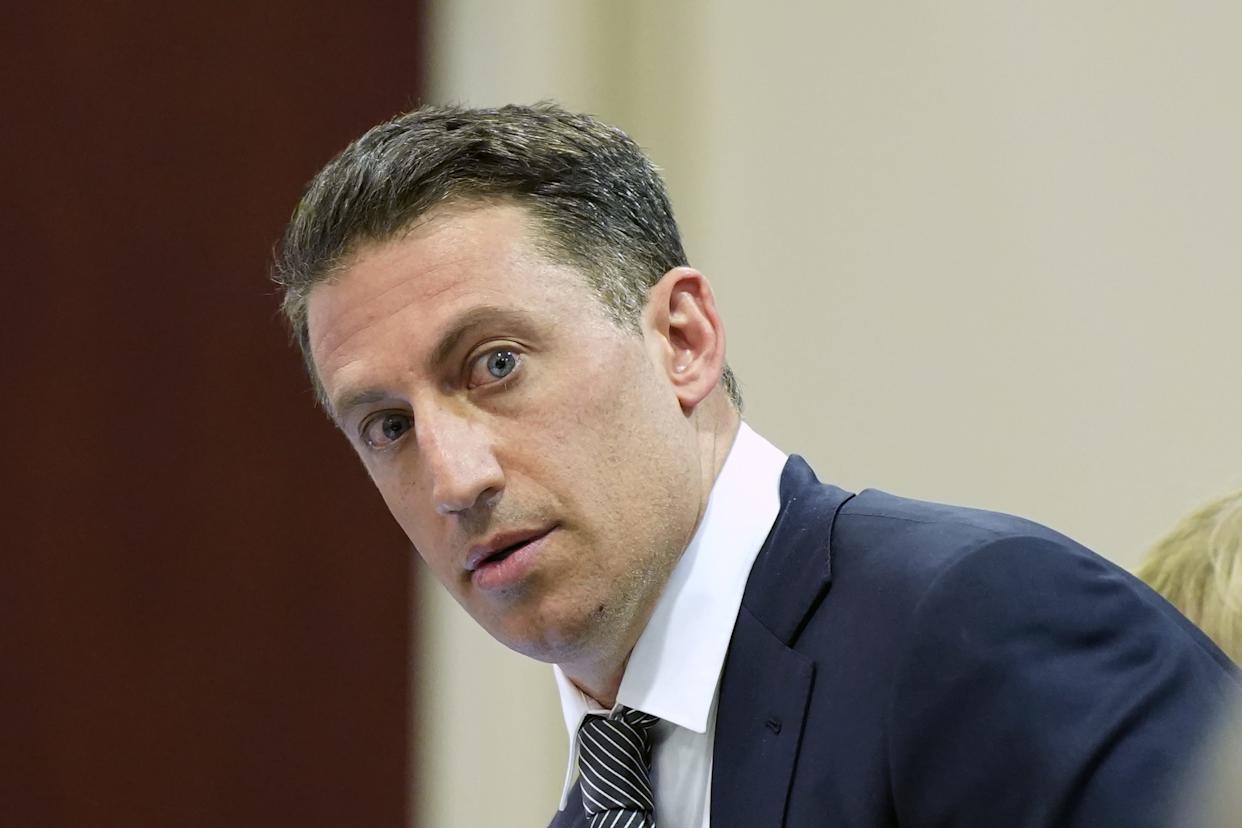Former Colombian President Álvaro Uribe has been sentenced to 12 years of house arrest following his conviction on charges of witness tampering and fraud. The landmark ruling marks a significant moment in Colombia's legal history as Uribe becomes the first former president to face criminal conviction. The 73-year-old, who served as president from 2002 to 2010, has been a polarizing figure in Colombian politics, remaining popular among many despite serious allegations of collaborating with right-wing paramilitaries to combat leftist rebel groups—a claim he staunchly denies.
The trial unfolded over a lengthy 13-year period, culminating in Uribe's conviction earlier this week after evidence from two incarcerated ex-paramilitaries suggested that his former lawyer, Diego Cadena, offered them money to testify in favour of Uribe. Cadena is also facing charges but has denied any wrongdoing and testified on behalf of Uribe.
In a statement following the ruling, Uribe vowed to appeal, describing the case aimed at undermining "a voice for the democratic opposition". Uribe’s sentencing has drawn criticism and support from various quarters, including US Secretary of State Marco Rubio, who claimed the Colombian judiciary has been politicized to target Uribe, asserting that he has only worked diligently to defend his country.
The emergence of paramilitary groups in Colombia dates back to the 1980s, initially claiming to address issues of poverty and social neglect. However, many of these armed factions became deeply involved in the cocaine trade, leading to enduring conflict and violent rivalry over resources and trafficking routes. While Uribe was hailed by the United States for his strict stance against leftist FARC rebels, his critics argue that he neglected fundamental issues like inequality and poverty.
In 2016, the FARC signed a peace agreement with Uribe's successor, although violence from disbanded factions continues to pose challenges for Colombia. As debates continue over Uribe's legacy, his sentence raises important questions about accountability and justice within the country’s political framework.



















